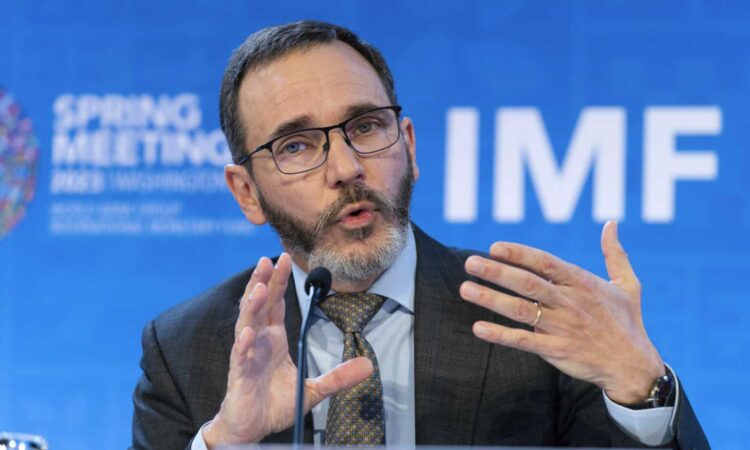
Pierre-Olivier Gourinchas, Chief Economist at the International Monetary Fund (IMF), has highlighted that ongoing disinflation challenges in advanced economies could compel central banks, including the US Federal Reserve, to maintain higher borrowing costs for an extended period.
This situation could jeopardize overall economic growth, exert upward pressure on the dollar, and cause detrimental spillovers to emerging and developing economies.
“Mounting empirical evidence, including some of our own, points to the importance of global ‘headline’ inflation shocks—mostly energy and food prices—in driving the inflation surge and subsequent decline across a broad range of countries,” Gourinchas noted.
The good news, according to Gourinchas, is that as headline shocks receded, inflation decreased without triggering a recession. However, the bad news is that while energy and food price inflation have nearly returned to pre-pandemic levels in many countries, overall inflation has not.
Gourinchas made these remarks while presenting the latest projections and assessment for the global economy during the release of the July 2024 World Economic Outlook Update on Tuesday, July 16.







